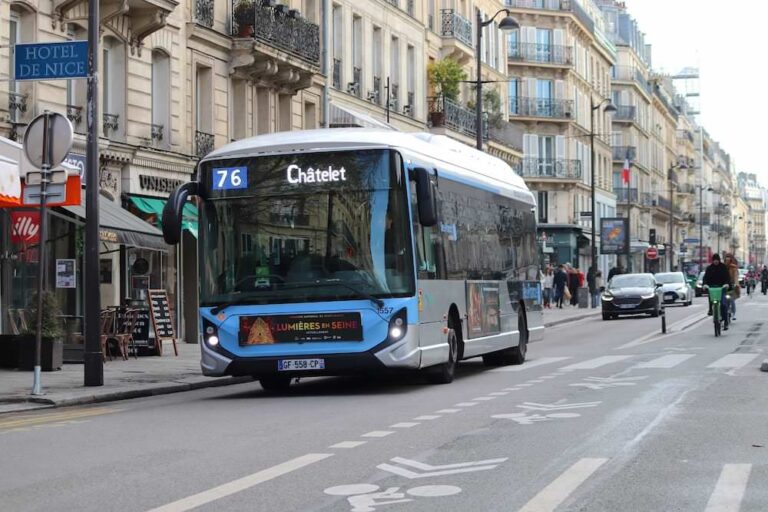pouvoir
The French verb “pouvoir” means “to be able to” or “can” in English. It is an irregular verb that is commonly used in everyday communication. Here is its conjugation in the present tense:
- Je peux (I can)
- Tu peux (You can)
- Il/Elle/On peut (He/She/One can)
- Nous pouvons (We can)
- Vous pouvez (You can)
- Ils/Elles peuvent (They can)
“Pouvoir” is used to express ability, permission, or possibility in various contexts. Its conjugations may change depending on the subject pronoun and the tense of the sentence. It is an essential verb to know for anyone learning French as it is frequently used in both written and spoken language.
Examples:
- Je peux nager. (I can swim.)
- Tu peux venir avec moi. (You can come with me.)
- Il peut parler trois langues. (He can speak three languages.)
- Elle peut partir maintenant. (She can leave now.)
- On peut manger dehors s’il fait beau. (We can eat outside if the weather is nice.)
- Nous pouvons aider nos voisins. (We can help our neighbors.)
- Vous pouvez poser des questions. (You can ask questions.)
- Ils peuvent venir demain soir. (They can come tomorrow evening.)
- Elles peuvent étudier ensemble. (They can study together.)
- Les enfants peuvent jouer dans le jardin. (The children can play in the garden.)







One Comment
Comments are closed.